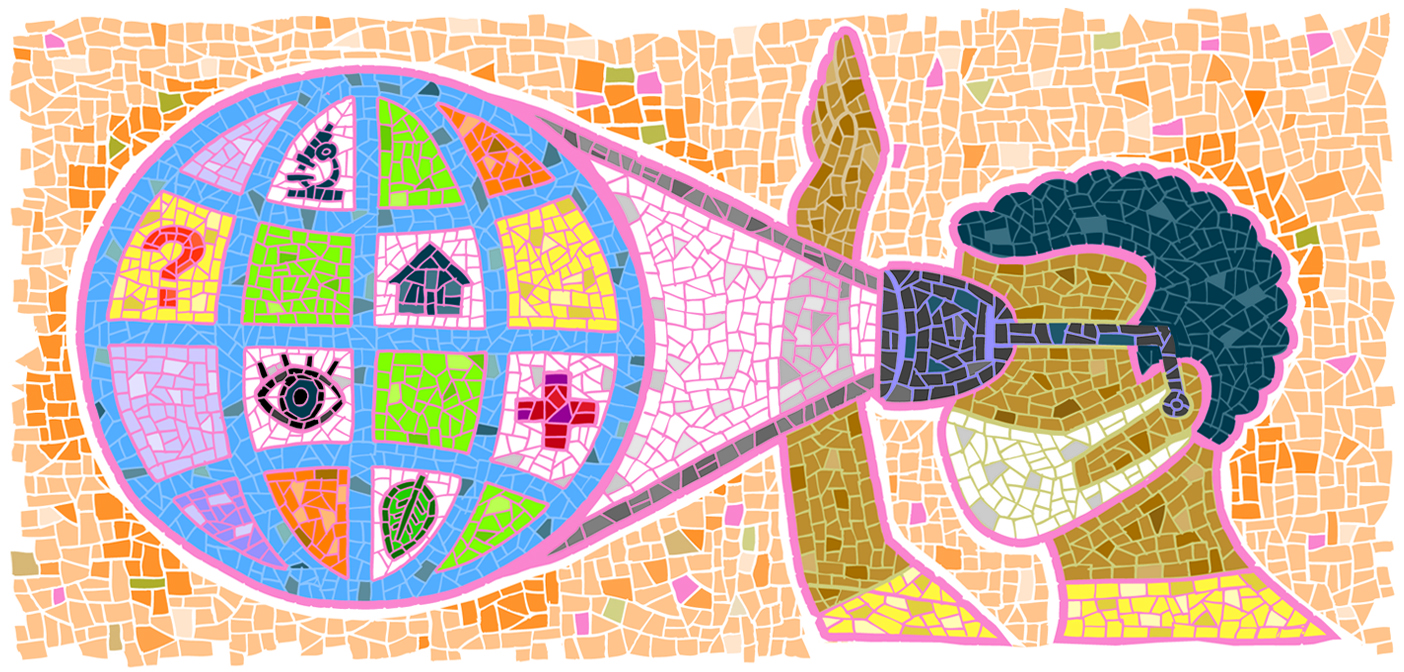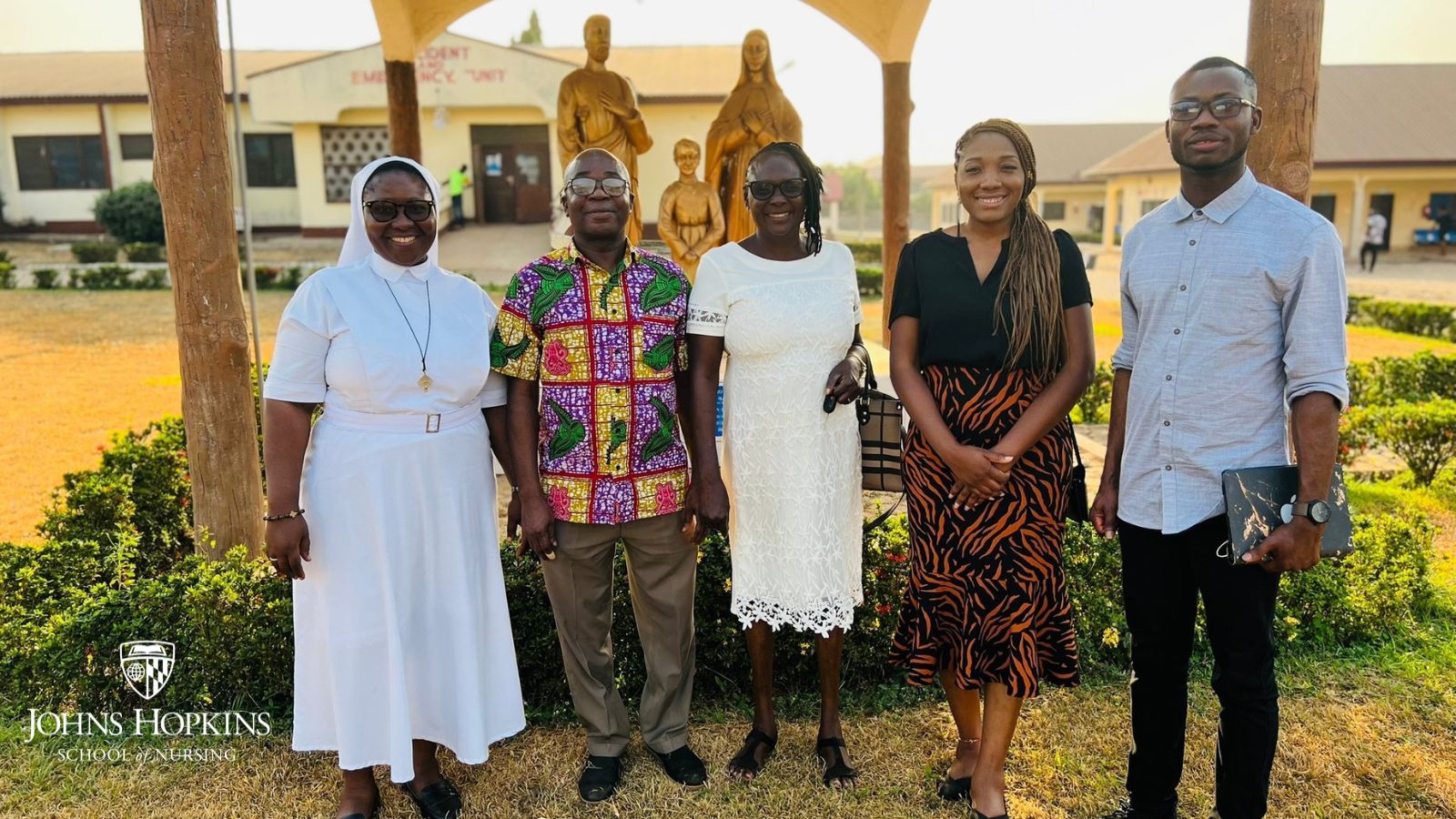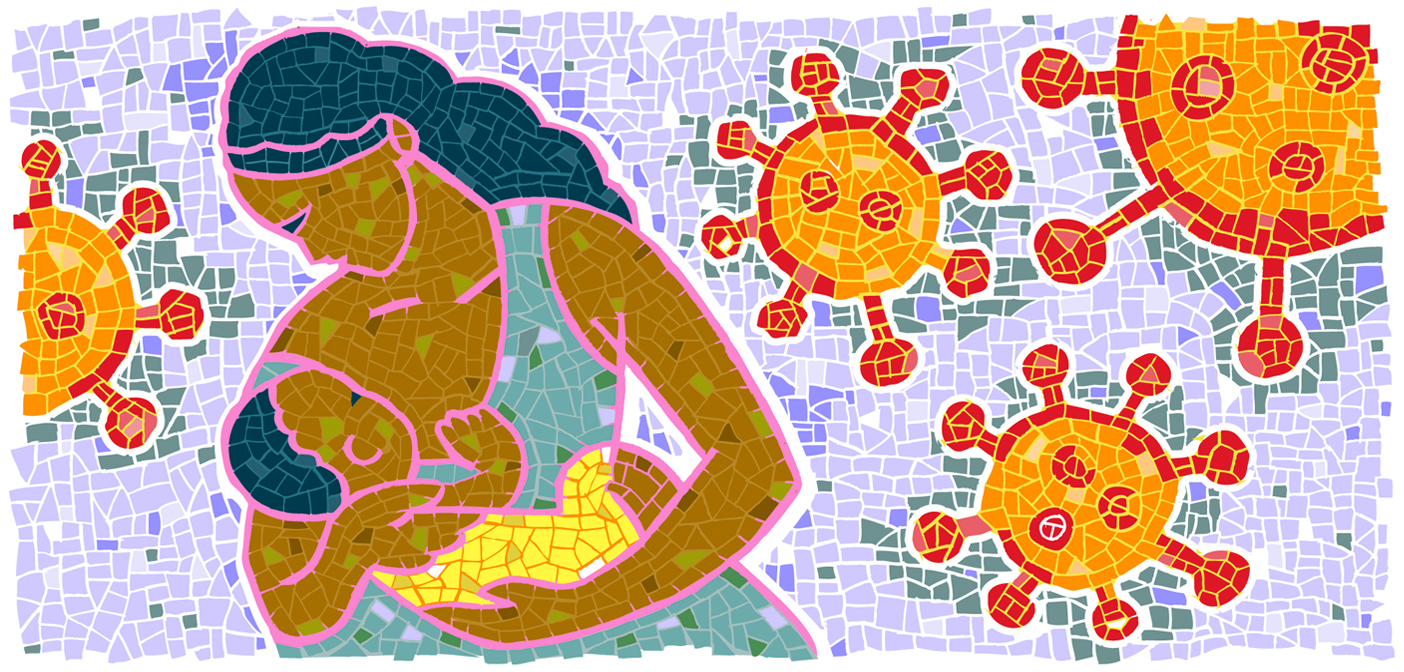WRITTEN BY STEVE ST. ANGELO | ILLUSTRATIONS BY ANDY SNAIR
Global service-learning offers great experiences to nursing students and can offer health care to communities that might not otherwise receive it. But it must be done right, so that the well-being of a host community remains most important, avoiding the appearance of “voluntourism” vs. volunteerism. Currently, COVID-19 means nursing students cannot travel internationally, yet a huge demand for global volunteerism on their part and a dire need in those communities abroad remain. Thus, the education sector has “an opportunity to reset and reconsider: how can we provide global experiences for students, and benefit to global communities, when travel is not possible; and how do we seek to meet the needs of promoting an integrated global society?”
This is the question raised by Adam Beaman and Patricia Davidson in the Journal of Clinical Nursing op-ed “Global Service-learning and COVID-19—What the Future Might Look Like?”
Their answer starts with virtual and augmented reality. “Allow technology to simulate an experience without using the resources to travel, and potentially having an adverse impact on the host community.” And a focus not on what students can’t do but on what they can do locally to make an impact globally until the pandemic has passed.
“If their takeaway from these experiences will be that in serving a community, the first and most important priority is to truly understand and address the unique needs of that community, then perhaps the lesson has been a success.”
“It is not lost on us that making personal protective equipment, raising funds, providing technical support, conducting desktop research or engaging in internet calls may not be what a nursing student had in mind when he or she originally envisaged a global service-learning experience. But if their takeaway from these experiences will be that in serving a community, the first and most important priority is to truly understand and address the unique needs of that community, then perhaps the lesson has been a success.”

 The “Silent Killer” Tackling the Menace of Hypertension in Ghana Through Team-Based Care
The “Silent Killer” Tackling the Menace of Hypertension in Ghana Through Team-Based Care Childhood Cancer Survivors May Face Neurocognitive Challenges. Johns Hopkins’ SUCCESS Lab Works to Ensure They Receive a Quality Education.
Childhood Cancer Survivors May Face Neurocognitive Challenges. Johns Hopkins’ SUCCESS Lab Works to Ensure They Receive a Quality Education. Traumatic Brain Injury and ‘The Way Back to ‘Normal’
Traumatic Brain Injury and ‘The Way Back to ‘Normal’ Bench to Bedside
Bench to Bedside Mother-Infant Contact, Breastfeeding, and COVID-19
Mother-Infant Contact, Breastfeeding, and COVID-19







